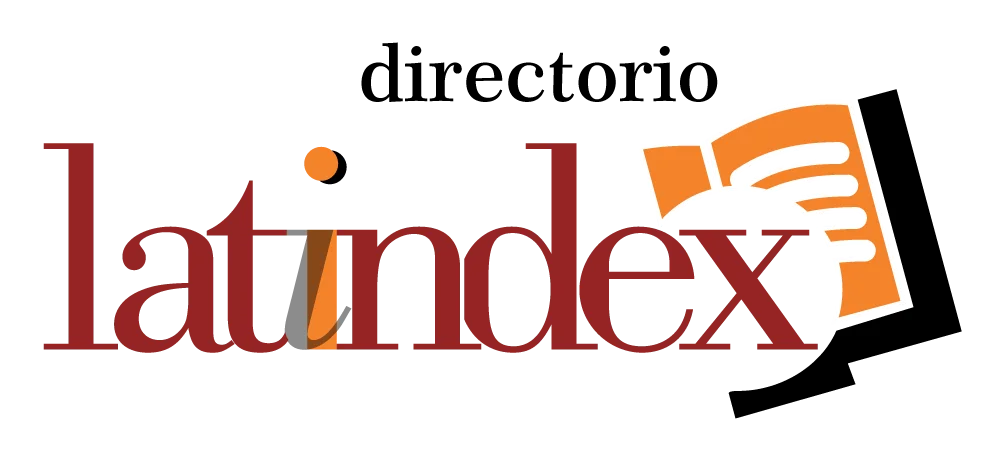Educational intervention for the management of Acute Coronary Syndrome
DOI:
https://doi.org/10.56294/ri20211Keywords:
Acute Coronary Syndrome, Angina, Acute Myocardial Infarction, Educational internshipAbstract
Introduction: acute Coronary Syndrome (ACS) is a serious and costly health problem that remains a challenge for medical professionals in making appropriate decisions.
Methods: a pre-experimental study was carried out to evaluate the effectiveness of the application of an intervention program to modify knowledge related to ACS by resident physicians and interns of the Internal Medicine service at the "Roberto Rodríguez Fernández" Provincial Hospital of Morón. We worked with a sample of 30 physicians, 11 residents and 19 interns, of the service. The Mc. Nemar statistical test was used to find significant differences between the level of knowledge about ACS, before and after the application of the educational program, nonparametric test for two paired samples with dichotomous variables, and the Wilcoxon signed ranks test was also used for the analysis of ordinal variables in related samples.
Results: participants had a good initial mastery of the definition of ACS and its most common causes. The initial level of knowledge was inadequate for most of them regarding predisposing factors, diagnostic elements, complications and therapeutic management; in these last four aspects there was a significant increase in the percentage of professionals with an adequate level of knowledge, as well as in the general level of knowledge, in which more than half of the participants ended up with a high level.
Conclusion: ACS is a serious health problem worldwide, which requires updated medical preparation for adequate diagnosis and treatment.
References
1. Arias Labrador E, Vilaró Casamitjana J, Blanco Díaz S, Ariza Turiel G, Paz Bermejo MA, Brugada Terradellas R. Effects of home-based strength training during COVID-19 lockdown in acute coronary syndrome. Rehabilitacion 2022;56:11-9. https://doi.org/10.1016/j.rh.2021.04.002. DOI: https://doi.org/10.1016/j.rh.2021.04.002
2. Young DR, Hivert M-F, Alhassan S, Camhi SM, Ferguson JF, Katzmarzyk PT, et al. Sedentary Behavior and Cardiovascular Morbidity and Mortality: A Science Advisory From the American Heart Association. Circulation 2016;134:e262-279. https://doi.org/10.1161/CIR.0000000000000440. DOI: https://doi.org/10.1161/CIR.0000000000000440
3. Concha J, Peñaloza S, Potthoff M, Kehr K. Adherencia a tratamiento de prevención secundaria post síndrome coronario agudo, en pacientes adultos ingresados al Hospital Hernán Henríquez Aravena. Rev Chil Cardiol 2022;41:170-9. https://doi.org/10.4067/S0718-85602022000300170. DOI: https://doi.org/10.4067/S0718-85602022000300170
4. Mandelzweig L. The second Euro Heart Survey on acute coronary syndromes: characteristics, treatment, and outcome of patients with ACS in Europe and the Mediterranean Basin in 2004. Eur Heart J 2006;27:2285-93. https://doi.org/10.1093/eurheartj/ehl196. DOI: https://doi.org/10.1093/eurheartj/ehl196
5. Tisminetzky M, Coukos JA, McManus DD, Darling CE, Joffe S, Gore J, et al. Decade-Long Trends in the Magnitude, Treatment, and Outcomes of Patients Aged 30 to 54 Years Hospitalized With ST-Segment Elevation and Non–ST-Segment Elevation Myocardial Infarction. Am J Cardiol 2014;113:1606-10. https://doi.org/10.1016/j.amjcard.2014.02.012. DOI: https://doi.org/10.1016/j.amjcard.2014.02.012
6. Savage ML, Hay K, Murdoch DJ, Walters DL, Denman R, Ranasinghe I, et al. Sex differences in time to primary percutaneous coronary intervention and outcomes in patients presenting with ST‐segment elevation myocardial infarction. Catheter Cardiovasc Interv 2022;100:520-9. https://doi.org/10.1002/ccd.30357. DOI: https://doi.org/10.1002/ccd.30357
7. Ríos-Navarro C, Gavara J, Núñez J, Revuelta-López E, Monmeneu JV, López-Lereu MP, et al. EpCAM y obstrucción microvascular en pacientes con un IAMCEST: estudio con resonancia magnética cardiaca. Rev Esp Cardiol 2022;75:384-91. https://doi.org/10.1016/j.recesp.2021.04.007. DOI: https://doi.org/10.1016/j.recesp.2021.04.007
8. Alfonso Rodríguez E, Llerena Rojas LD, Rodríguez Nande LM, Echarte Martínez JC, López Ferrero LH, González Veliz A. Experiencia inicial de la revascularización coronaria percutánea mediante el acceso transradial en el Instituto de Cardiología y Cirugía Cardiovascular. Rev Cuba Investig Bioméd 2022;41.
9. Zhang N, Wang J-X, Wu X-Y, Cui Y, Zou Z-H, Liu Y, et al. Correlation Analysis of Plasma Myeloperoxidase Level With Global Registry of Acute Coronary Events Score and Prognosis in Patients With Acute Non-ST-Segment Elevation Myocardial Infarction. Front Med 2022;9:828174. https://doi.org/10.3389/fmed.2022.828174. DOI: https://doi.org/10.3389/fmed.2022.828174
10. Santos Medina M, Obregón Santos A, Piriz Assa A, Gutiérrez Martínez A. Estratificación de riesgo en pacientes con infarto agudo de miocardio utilizando escalas de riesgos. Necesidad de homogeneizarla en Cuba. Rev Cuba Cardiol Cir Cardiovasc 2019;25:366-79.
11. Marzolini S, Mertens DJ, Oh PI, Plyley MJ. Self-reported compliance to home-based resistance training in cardiac patients. Eur J Cardiovasc Prev Rehabil Off J Eur Soc Cardiol Work Groups Epidemiol Prev Card Rehabil Exerc Physiol 2010;17:35-41, quiz 42-9. https://doi.org/10.1097/HJR.0b013e32832da020. DOI: https://doi.org/10.1097/HJR.0b013e32832da020
12. Reyes Hernández L, Correa Morales A, Toledo Pérez Y, Alonso Bonilla N, Ramírez Gómez J, Garcés Guerra O. Enfoque clínico y epidemiológico del síndrome coronario agudo, una experiencia. Acta Med Cent 2019;13:3-11.
13. Vega Falcón V, Sánchez Llerena JA, Sánchez Martínez B, Morillo Cano JR. Evaluación del nivel de conocimiento sobre soporte vital avanzado en ritmos de paro en médicos residentes del Hospital General docente Ambato. Rev Univ Soc 2020;12:240-51.
14. Sánchez Salcedo D. La competencia cognitiva de los médicos becarios y adscritos, en el diagnóstico de síndrome coronario agudo, en el servicio de urgencias del Hospital General Regional No. 1 con Medicina Familiar ‘Lic. Ignacio García Téllez’. Tesis para obtener el grado de especialidad em Medicina de Urgencias. Universidad Autónoma del Estado de Morelos, 2019.
15. Montero-Jimeno A, García-Güell A, Zayas-Sánchez A, Fernández-Medina L, García-Pérez C. Síndrome coronario agudo en el servicio de emergencias del Hospital Universitario Clínico Quirúrgico Comandante Faustino Pérez Hernández, de Matanzas. Rev Médica Electrónica 2022; 44:1-16.
Published
Issue
Section
License
Copyright (c) 2021 Ania Gómez Lima (Author)

This work is licensed under a Creative Commons Attribution 4.0 International License.
The article is distributed under the Creative Commons Attribution 4.0 License. Unless otherwise stated, associated published material is distributed under the same licence.





